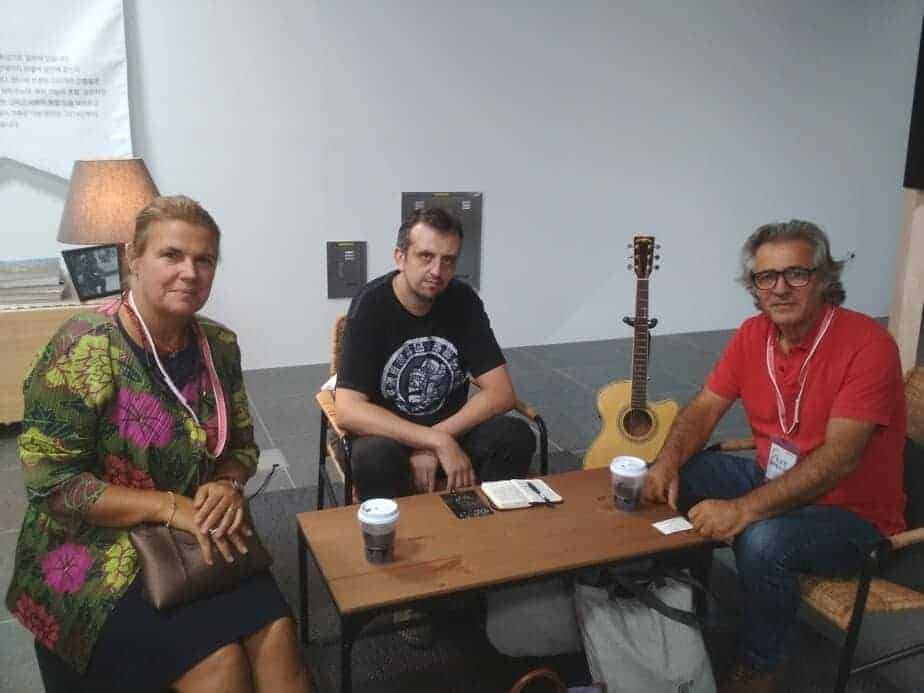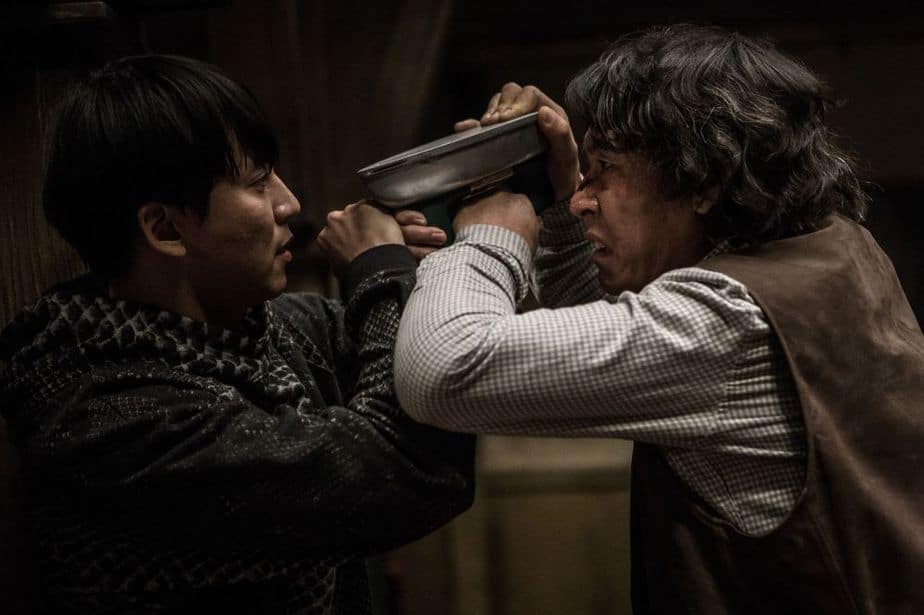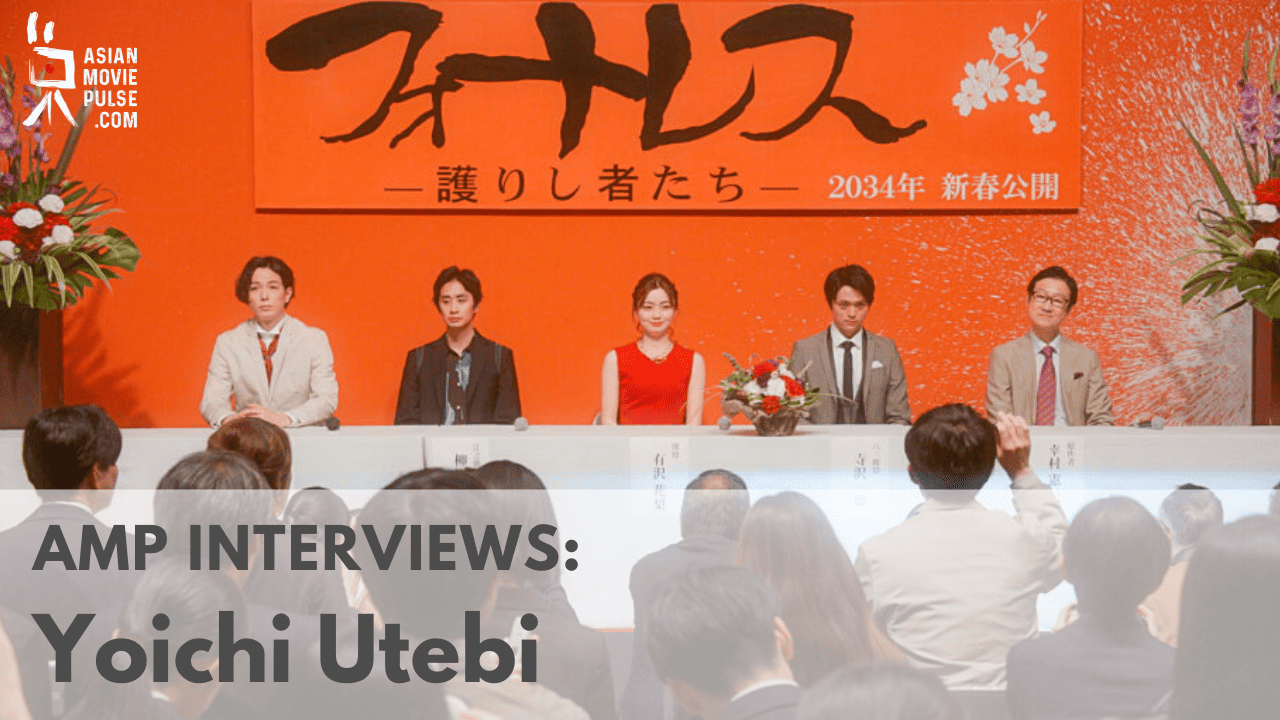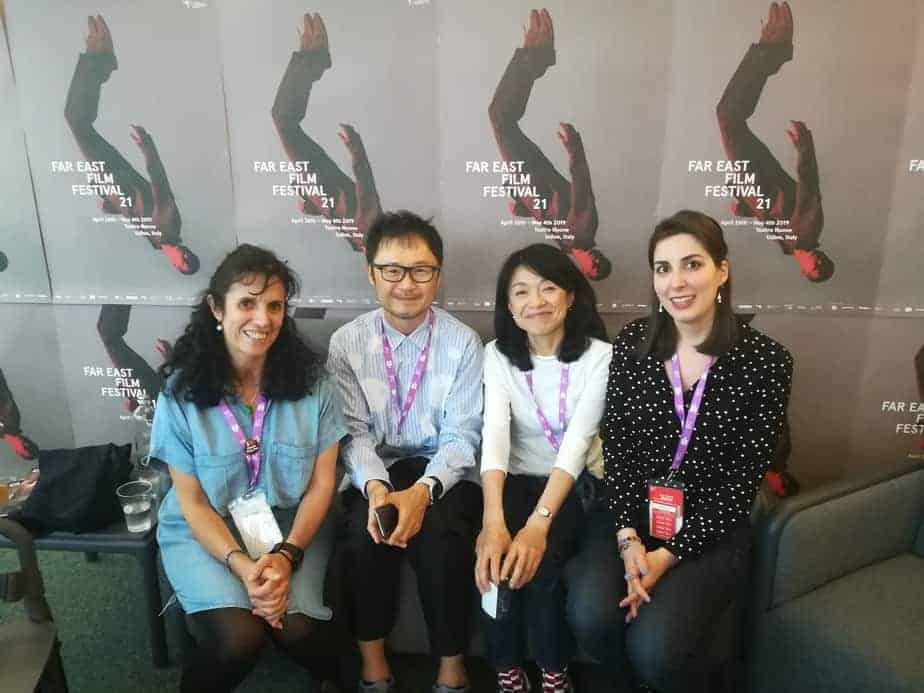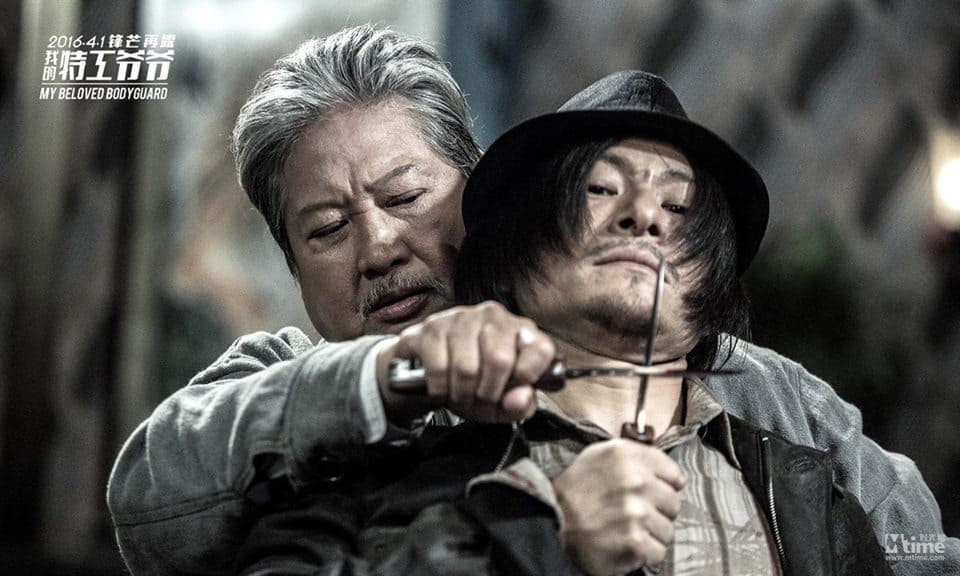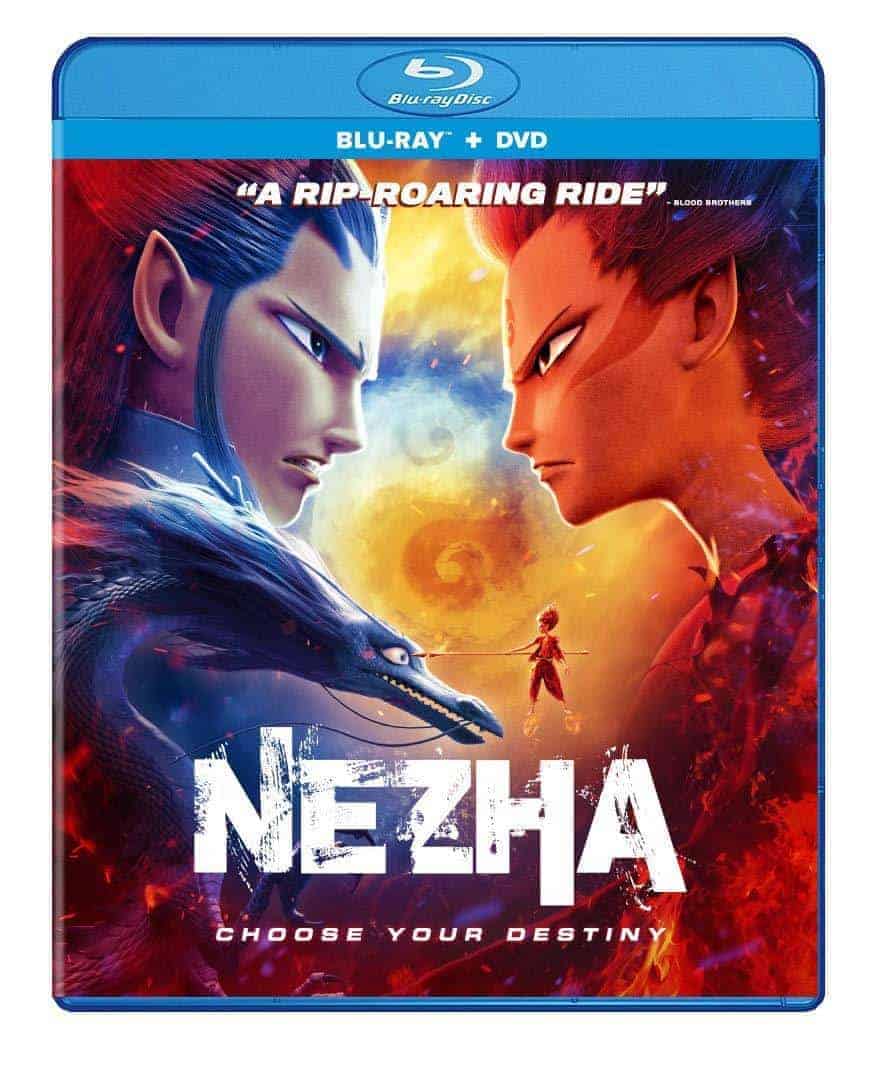Orhan Tekeoglu finished his first feature film “I Loved You So Much” (2013) which won the best foreign film award from Canada Film Festival and Portobello Film Festival. His feature films are “Extraordinary People”, “Rudolf Nureyev: Island of His Dreams” and “Time to Leave”
Nurdan Tekeoglu was born in Istanbul in 1964. In 1988, she graduated from the sociology department of Bosphorus University and worked in different national and international companies at different management levels. She was head of representative office of Metro AG, the German retail company till January 2011. She organized short film competitions for university students as social responsibility project for Metro AG with Türsak,film foundation in Turkey for 10 years. She felt in love with cinema and produced her husband's first documentary IFAKAT after 3 years of development process. In 2013 Dr.Tekeoglu produced I LOVED YOU SO MUCH, a feature after 3 years of preparations and many difficulties. In 2015 she produced EXTRAORDINARY PEOPLE and ISLAND OF HIS DREAMS with Evgenia Tirdatova, from Kinoglaz. She is member of EWA and Seyap, producer's association Turkey. She is also a full time academician in marketing at Beykent university. She was also accepted to EFA, European Film Academy with reference.
On the occasion of their film “Time to Leave” screening at Ulju Mountain Film Festival, we speak with them about the film about Nureyef, Hasan and his story, shooting on 3000 metres, a way of life that is disappearing, Turkish cinema and other topics.

Tell us a bit about your previous film, “Rudolf Nureyev: Island of His Dreams”
Nurdan Tekeoglu: We knew about Nureyef, he is famous all over the world, but we did not know about his love for Turkey. After the fall of USSR, he could not return to his home country and by coming to Turkey, he visited the villages of the Mediterranean coasts. There he saw many people, many women who resembled his mother. By seeing these traditional women in the villages, he, in a way, remembered his past life, his childhood. That is why he came so often to Turkey, and also because he loves carpets and archaeology and history. He has a very good friend in Turkey, Yasemin, who owns a VIP travel agency and whenever he visited the country, he was with her. Yasemin studied in France and was also friends with Nureyef's French girlfriend. So, the three of them would travel together, walk together, shop together, etc. Our friend, Evgenia Tirdatova, who works for the Moscow International Film Festival, one day, sent us an email saying she wants to do a documentary about Nureyef and about his visits to Turkey, and asked if we knew of a friend of his in Turkey. I investigated in Istanbul and I found Yasemin. The interesting thing was that she had video recordings of her and Nureyef and the rest of his friends on the boat, but nobody has ever seen them, they were stored at the New York Library. Yasemin then sent her older brother to New York to get all the video archives, after asking the library for them, stressing the fact that they were her videos and that she had given them to them. She had to ask for permission to use them for a documentary. She got the whole of the archive and we made much use of them in the documentary.

The story actually starts like this: while on his boat with a very famous and rich Greek businessman, Nureyef saw an island on the Mediterranean coast and he mentioned to his girlfriend that he wanted to buy this island, whose name he learned was Saint-Nicholas. At that time, no one in Turkey knew this name. So, Nureyef's girlfriend calls Yasemin in Istanbul, mentioning that she is coming to the city to find out how to buy that island. Eventually, the two women went together to Antalya, but in the 70's Turkey, there were no cars to rent, there was only one hotel in Antalya, there were no taxis, and so the two of them had kind of an adventure. They searched around mentioning Saint Nicholas and finally they met a hotel owner who told them he knew the island, but that its Turkish name is Gemiler Adasi. With the help of a fisherman, hey managed to reach the island, but unfortunately, at the time, it was forbidden to sell Turkish land to foreigners. They fought against it for ten years. Evgenia eventually said, “let's shoot all these places, how you made this journey”.
During the shooting, the cameraman was Russian and of Greek descent, but he did not speak English nor Turkish, Orhan just speaks Turkish, and Evgenia, who is co-director and scriptwriter speaks Russian and English, while there was also a Turkish actor (because the film had some feature elements) who spoke English. So, the cameraman was speaking Russian, Evgenia was translating to English and the actor translated to Orhan (laughter). But it was a really difficult documentary, because we had to get a lot of permissions to shoot in the many places they visited, because we wanted to show all the places Nureyef visited.
Orhan Tekeoglu: When Nureyef was investigating the Mediterranean, he would take photos of all these everyday people who resembled his family members, but nobody knew him, so he felt relaxed.

So, how did you find Hasan, the protagonist of “Time to Leave”?
Orhan: Where I was born in Zeleka, a village in Chakra, each summer, I would spend my holidays with my parents and relatives in this village. Eventually, I heard the story of Hasan, from the people there. Then I found how to contact the man, since my father also knows him, and I asked him to tell me his story, in his house. He said ok and start telling the story and I asked for details. It took me one week staying there, where I visited him every day, and I recorded everything he was saying. Since I used to be a journalist, Hasan asked me if I was writing a book about his son, he was curious why I was coming and going. I told him I want to shoot a documentary about you, and he said, “No!”.
Why?
Orhan: He told me, “writing a book seems logical but how will you shoot this, it is impossible”. Then I told him I want him to tell and play exactly what he experienced in the past. He was a conservative, religious man and against the documentary of course, but at one point, I asked him, “How long will you live with this feeling of regret inside you? You are 80 years old, tell me the whole story and you will finally get some relief, get these problems with regret and your conscience out of you”. This interpretation/explanation pushed him and he accepted, finally. During all these conversations, since I am a perfectionist and pay much attention to detail, I was always careful with the way I treated Hasan and this made him trust me.
Then we proceeded with the shooting, but the place Hasan was living was an eccentric one, in a mountain of 3000m, and he had spent all his childhood there, before going to work in Germany. Hasan thought, after losing his son, that by living in the mountains he would escape regret. I told him that he could not escape all these feelings by living alone, he should talk to me and get rid of them. After the shooting, Hasan told me I was right, that he finally felt relieved.
How many years had passed since his son died?
Orhan: He died in 1995, so 23 years.
Why did he decide to build a room for his son, since he was already dead?
Orhan: When Erdogan was a small boy, he always slept in this room. He always remembered this room and the atmosphere, he felt nostalgic, and that is why he asked from his father to prepare that room for him. Of course, growing up, Erdogan did not think that the room was so miserable, he did not remember. Therefore, Hasan thought about how he should make this room for his son, since it looks so miserable, that is why he started building it from scratch. Actually, Erdogan knew he would die, when he asked for the room.

Can you tell be a bit about the flowers of the area that get repeatedly mentioned in the documentary?
Orhan: Erdogan also loved the flowers that grow in the area (liliales colchicums). The metaphoric meaning of these flowers is “go away”, when these flowers bloom in October, they give this message to people, that they have to leave the plateau and go back to their villages, since winter is coming.
How many people were you in your shooting crew?
Orhan: A cameraman (at this point Nurhan mentions that Orhan is very particular about the sun in his films), a sound technician, a light technician, an art director and logistics. There was no electricity there, so we had to bring a lot of equipment. It is very difficult to shoot there, in this untouched area. There are no roads, no electricity, nothing.
How many hours of footage did you end up with and how much time did you spend editing?
Orhan: The whole project (writing the script, shooting and editing) took three years. The preparation only, took two years because Hasan is a difficult man, it was not easy for me. Before the shooting, he always caused problems, saying, “I do not want this, I do not want that”, but when the shooting started, he was like an angel. The shooting lasted four weeks, editing three months.
Can you tell us a bit about his relationship with the cow? He treats the animal not like cattle, but like a dog.
Orhan: Bravo! When I was a child, my whole family started to cry when we sold our cow and we continued for weeks. And when we were crying, the cow was looking at us, and I will also a documentary about this in the future. People and cows are friends, like members of the same family, in this area. Imagine this: an old woman crying because her son died and the cow comes and starts licking her and cleans all her tears, they are so human! Like an actual member of the family. In older times in these villages, people and cows would sleep next to each other.

Do you think that the life the man is living would disappear soon?
Orhan: Yes, because roads came, electricity came, water came, internet came, and there are very few places now that you have this authentic, untouched way of life. Actually, I am not building a house in that village Hasan lives, but I always miss the mountains of my childhood.
Do you keep communication with him?
Orhan: Yes, we speak on the phone.
Nurdan: The film will screen in Tegernsee Mountain Film Festival, and since Hasan worked in Germany for many years, we plan to bring him for the screening, if he can do it.
What is the situation with Turkish cinema at the moment?
Orhan: The most popular films in Turkey right now are romantic ones and adventures. However, we also produce very good films that screen at international film festivals, getting awards. Slowly slowly, we are starting to see a Turkish cinema concept, as in the film “Three Sisters”.
Do you have any troubles with censorship?
Orhan: No, nobody is interfering. In 1980's there was censorship, but not no, you can produce any film you want in Turkey. In the 70's, in the middle of the shooting of the film, if someone mentioned he is a communist, the police would come and shoot him, but now, even with communist films, nobody would interfere.
Are you working on anything new?
Orhan: After shooting a documentary, you start to see people, to talk, to investigate, to read newspapers and articles on the Internet. As a journalist, I would always read local newspapers. The story of an old woman caught my eye, who lost her nephew during the summer holidays. She went to collect some wood, but when she returned, she found her nephew dead. The people of the village, however, held her responsible for the boy's death, accusing her of being negligent. Eventually, she got so angry with this prejudice and accusations, that she decided to leave for the mountains, where she has been staying for the past 35 years. I will make a feature documentary about her, she is 70 years old now. I want to shoot her as soon as possible, because you never know what will happen.


